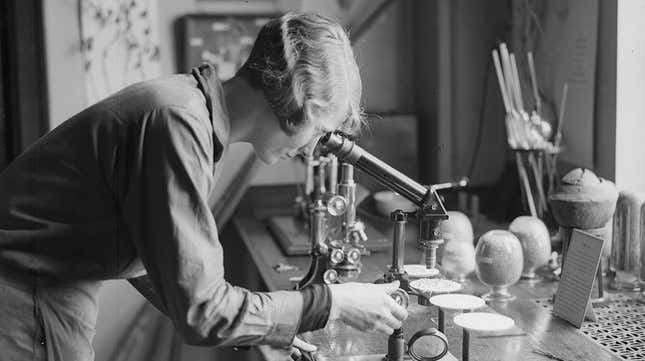Women in Science Make Outrageous Demand to Be Recognized for Their Work
Latest

As if another reminder was needed, covid-19 has proven, time and again, that women are very frequently the ones keeping everything running during times of crisis (and also during all other times). It’s also proven that, despite women being both visible on the front lines, and women reporting the high number of hours they’re working both for their jobs and in service of keeping their home life in order, most people will still bend over backward to center the work and experiences of men. Especially when it comes to women in science who are working directly on issues around covid-19.
In Times Higher Education, 35 women working in STEM fields co-authored an article detailing the myriad ways women, particularly women of color, are doing necessary, lifesaving work, only to be looked over for men who are often less experienced and less knowledgeable.
-

-

-

-

-

-

-

-

-

-

-

-

-

-

-

-

-

-

-

-

-

-

-

-

-

-

-

-

-

-

-

-

-

-

-

-

-

-

-

-








































